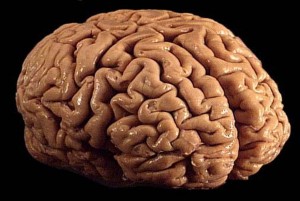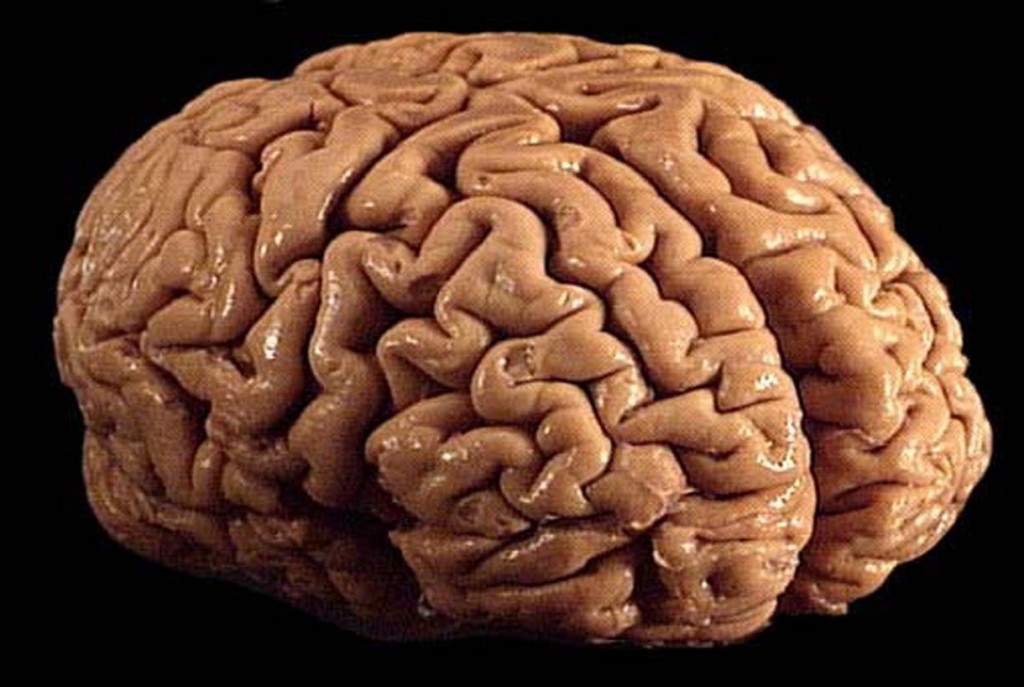Pre-natal human brain development helps determine many major qualities a person may have in life. Research at the University of Exeter found that a type of Epigenetics, DNA methylation, helps us understand the differences between male and female brains. They studied that this type of gene regulation in pre-natal brain development may help us grasp more information about “sex differences in behavior, brain function, and disease.”
In the womb, as organs are developing, the brain has extreme plasticity. Professor Jonathan Mill of the University of Exeter explains how it is extremely vulnerable to changes because the brain is creating the structures that “control neurobiological function across life.” The research consisted of measuring genomic patterns of DNA methylation in the womb between 23 and 184 days after conception. DNA methylation is a chemical modification to one of the 4 nitrogen bases that helps create one’s unique genetic code. By studying the DNA methylation, or turning on of selected genes, in the pre-natal period when the brain is being developed, it helps scientists understand the susceptibility of different neurological diseases based on one’s sex. Helen Spiers from King’s College London explains how male and females have unique differences with certain disorders, such as Autism. She says how “autism affects five males to every female.”
The molecular switches that regulate genes were found to be gender specific. They also help differentiate brain cells from other cells in the body. This research gained traction in understanding the unique qualities of the DNA “blueprint” of males and females in their developing stages. The genetic switches that are turned on in pre-natal development for each gender are unique, and a deep topic of study. By doing so, in the future, scientists can research deeper into neurological diseases that are unique to males or females, and how they may be created in the womb.
Original Article: http://www.sciencedaily.com/releases/2015/02/150203190223.htm
Link to picture:
http://commons.wikimedia.org/wiki/File:Brain_01.jpg#mediaviewer/File:Brain_01.jpg


Leave a Reply